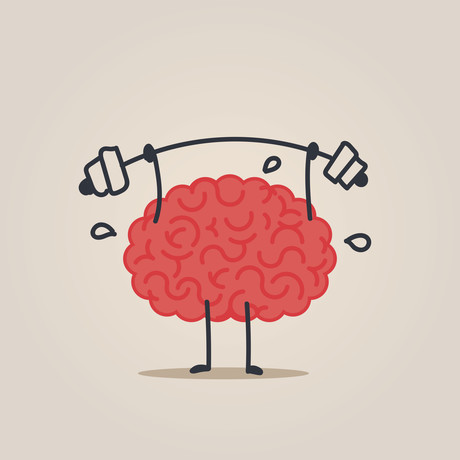Is your brain training program worth its weight?

A new review of research into commercially available products has found some, but not all, brain training programs can help slow cognitive decline that may lead to dementia.
Researchers from Edith Cowan University examined 26 peer-reviewed studies examining the effectiveness of seven brain training programs for people aged over 50.
Lead researcher Professor Ralph Martins from the School of Medical and Health Sciences said the review was conducted to help give clinicians guidance when advising their patients.
“We found that the current evidence indicates that at least some of the commercially available brain training programs can assist in promoting healthy brain ageing,” he said.
Rating brain training programs
Eighteen popular brain training programs for personal computers or as apps came under the scrutiny of the researchers. Eleven of those companies were found to have undertaken no clinical trials and could demonstrate no empirical evidence indicating they were effective.
They classified the products of the remaining seven companies into three categories based on the strength of the evidence of their effectiveness. Level 1 — the program was required to have at least two well-designed randomised controlled trials, one of which had to be of high quality. Level 2 — only one high-quality randomised controlled trial was required. Level 3 — only one moderate/poorly designed randomised controlled trial was required.
Results
The seven brain training programs fell into the following classifications:
- Level 1: BrainHQ and Cognifit
- Level 2: Cogmed, BrainAge 2 and My Brain Trainer
- Level 3: Dakim and Lumosity
Brain training benefits
“The publication of high-quality studies of commercially available programs has really accelerated over the past five years,” Professor Martins said.
“The evidence now supports the notion that the human brain is plastic in later life and can benefit from properly designed brain training programs.”
The review was recently published in Neuropsychology Review.
Image credit: ©stock.adobe.com/au/baluchis
Should chatbot psychologists be part of the health system?
This year, an announcement that chatbot psychologists could become part of Australia's...
New $145m 'quiet hospital' opens in Vic
A new $145 million Northern Private Hospital has opened in Epping, Victoria, featuring the latest...
New guidelines for concussion and brain health released
The Australian Institute of Sport, in close collaboration with the Australian Physiotherapy...










